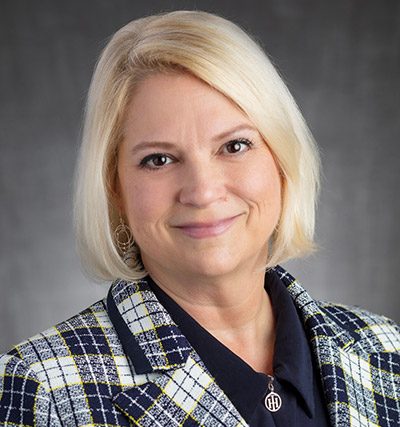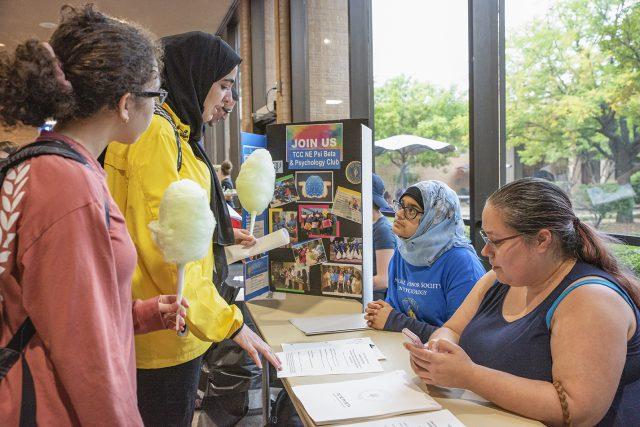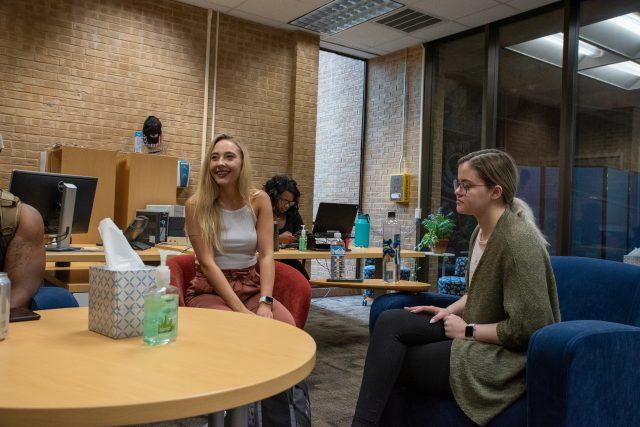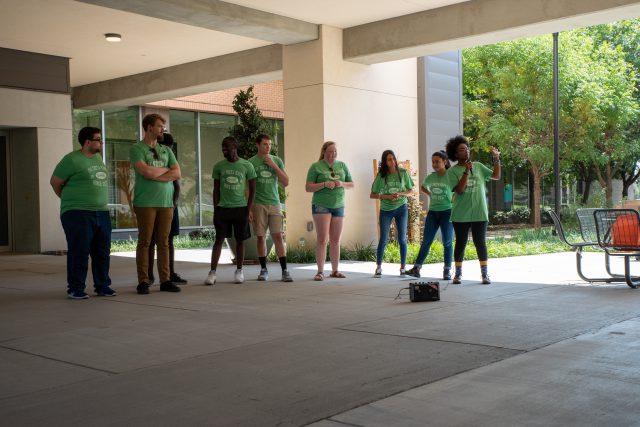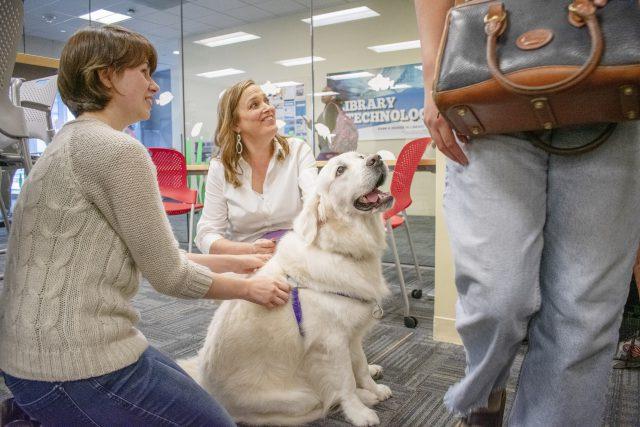| September, 11, 2019 | Elyssa Gideon | reporter |
|---|
We were at a birthday party, my phone was on vibrate, so my mom tried my husband. I could tell by the look on his face something was wrong, which was confirmed by my mom’s quivering voice. Finally, the news came, slowly and quickly all at the same time.
“Finton killed himself,” my mom said.
Finton was my 14-year-old cousin. He was just two days shy of his first semester in high school. He was practicing with the football team and marching band. Was he depressed? No. He was young and naive.
We don’t believe he knew the permanency of the choice he made. He had gotten in trouble, which wasn’t unusual. Based on how he was, he was just hoping he wouldn’t be in trouble. I believe he thought he would be okay. He would be hurt, but he wouldn’t be in trouble anymore. After all, on TV or in video games, people walk away unscathed.
Finton’s dad also committed suicide, but he had mental health issues. He was an adult who did not get help because that isn’t how our family “handles things.” Which brings me to my point: we have to get rid of the stigma of suicide.
If society doesn’t remove the stigma of discussing suicide without judgment, we will lose more of those we love.
According to USA Today, for every suicide that occurs, 425 people are impacted, which is the size of a graduating class. The Excel Center in Fort Worth says there are roughly 200 suicides in Tarrant County each year, and multiplied by the 425 people that equals 85,000.
There are young children committing suicide at higher rates, and it’s time we discuss the elephant in the room. Kids can’t even comprehend what it means to make that permanent of a choice.
People should have the tough conversations if they are going to save those that matter most. During National Suicide Prevention Week, which runs Sept. 8-14, just talk about it. Start a conversation about whether they understand it. Let them know it can be talked about. One cannot change the past, but everyone can change the future.


























